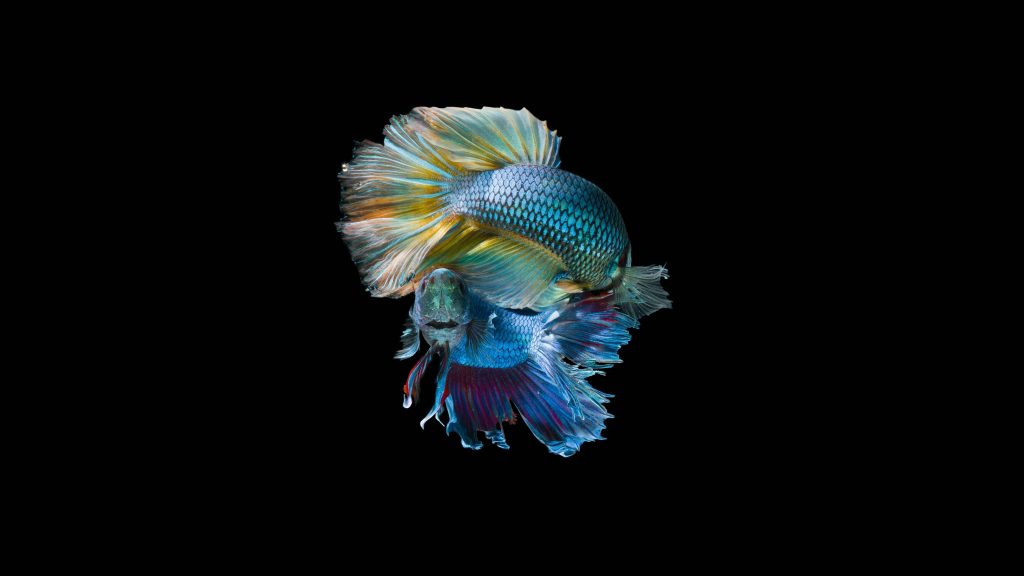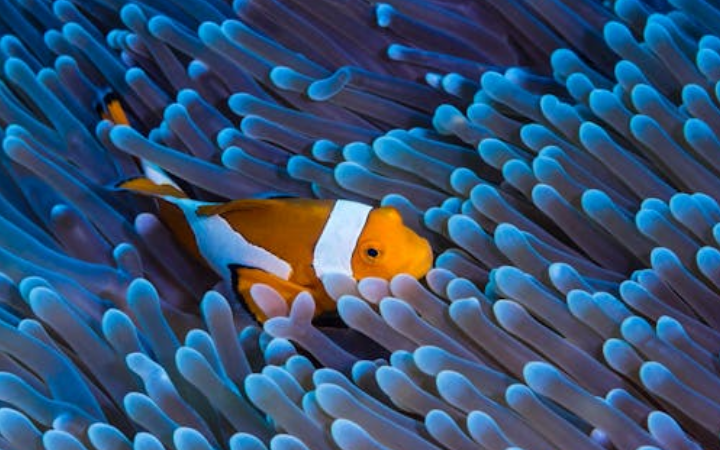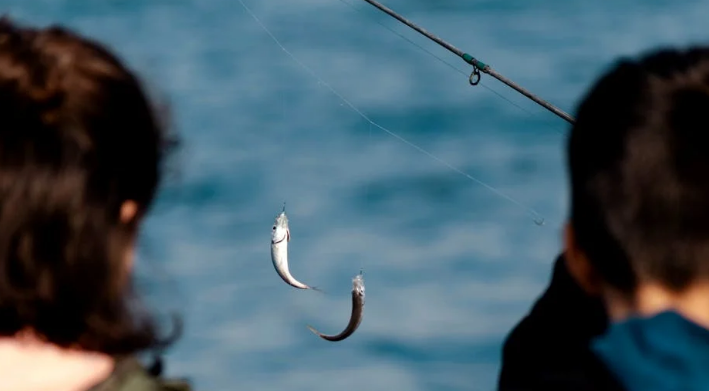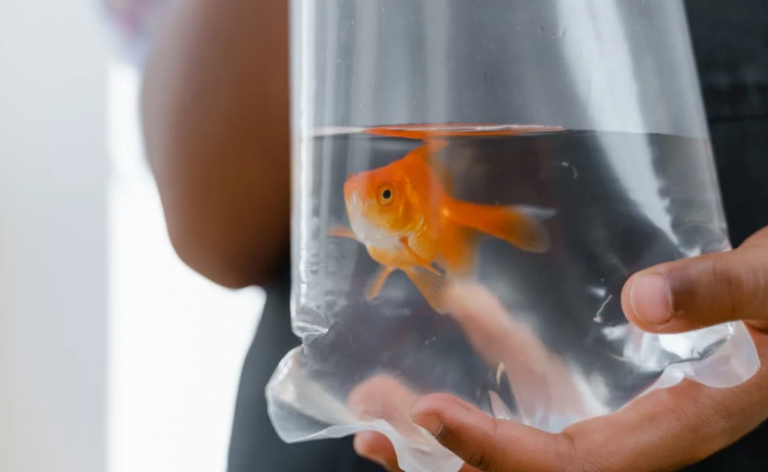Betta fish can typically go without eating for up to 14 days. However, this duration can vary depending on various factors such as the fish’s health, age, and living conditions.
Understanding Betta Fish

Betta Fish Origins
Betta fish, also known as Siamese fighting fish, originate from the shallow waters of Thailand, Cambodia, Laos, and Vietnam. They are popular pets due to their vibrant colors and beautiful fins. In the wild, bettas are accustomed to living in environments where food might not always be readily available, which contributes to their ability to survive periods without eating.
Betta Fish Diet
In their natural habitat, betta fish are carnivorous and primarily eat insects and larvae. In captivity, their diet can include a variety of foods such as:
- Betta pellets
- Frozen or live bloodworms
- Brine shrimp
- Daphnia
A balanced diet is crucial for maintaining the health and vibrancy of betta fish.
Factors Influencing Survival Without Food
Age and Health
Younger bettas and those in poor health will not survive as long without food compared to healthy adult bettas. A healthy betta fish can better utilize its stored fat and energy reserves.
Water Temperature
Water temperature plays a significant role in a betta fish’s metabolism. Betta fish thrive in water temperatures between 76°F and 82°F (24°C to 28°C). In colder water, their metabolism slows down, allowing them to survive longer without food. However, extended periods in water that is too cold can lead to health issues.
Stress and Environmental Conditions
Stressful conditions, such as poor water quality, can reduce a betta fish’s ability to survive without food. Ensuring that the aquarium is clean and that the water parameters are stable is essential for the well-being of the fish.
Preparing for Extended Absences
Short Absences (Up to One Week)
For absences of up to one week, most healthy betta fish will be fine without food. It’s advisable to feed them a slightly larger meal before leaving to ensure they have enough energy stored. Ensure the tank is clean, and perform a water change before leaving to maintain good water quality.
Extended Absences (More Than One Week)
For longer absences, consider the following options to ensure your betta fish stays healthy:
Automatic Feeders
Automatic feeders can be programmed to dispense food at regular intervals. These devices are convenient but must be tested in advance to ensure they work correctly and do not overfeed the fish.
Vacation Feeders
Vacation feeders are blocks that slowly dissolve, releasing food over time. However, these can sometimes alter water quality, so they should be used with caution.
Asking for Help
Having a trusted friend or neighbor feed your betta fish according to a schedule can be the best solution. Provide clear instructions on the amount and type of food to avoid overfeeding.
Signs of Malnutrition in Betta Fish
Physical Signs
- Weight Loss: Noticeable thinning, particularly around the stomach area.
- Lethargy: Reduced activity and sluggishness.
- Faded Colors: Loss of vibrant color, which can indicate stress and poor health.
- Clamped Fins: Fins held close to the body instead of being spread out.
Behavioral Signs
- Increased Aggression: Betta fish may become more aggressive when they are hungry.
- Searching for Food: Constantly searching the tank for food.
Ensuring Long-Term Health
Regular Feeding Schedule
Establishing a consistent feeding schedule is crucial for maintaining the health of your betta fish. Feed them small amounts once or twice a day, ensuring they eat within two minutes to prevent overfeeding.
Variety in Diet
Providing a varied diet helps ensure your betta fish receives all the necessary nutrients. Rotate between high-quality pellets, frozen or live foods, and occasional treats like brine shrimp or daphnia.
Monitoring Health
Regularly observe your betta fish for any signs of illness or stress. Promptly address any issues, such as changes in behavior, appearance, or appetite.
Conclusion
Betta fish can typically go without eating for up to 14 days, but this is not ideal for their health. Factors such as age, health, water temperature, and environmental conditions all play a role in how long a betta fish can survive without food. Proper preparation for absences, such as using automatic feeders or seeking help from a friend, can help ensure your betta fish remains healthy while you are away. Regular feeding, a varied diet, and good tank maintenance are essential for the long-term well-being of your betta fish.



